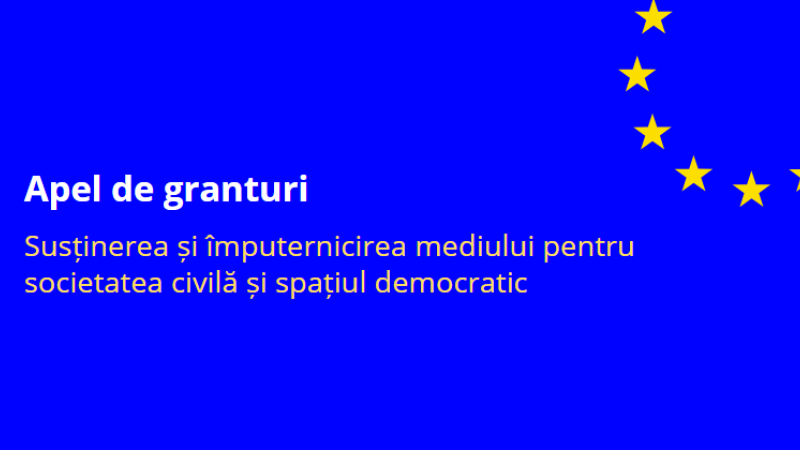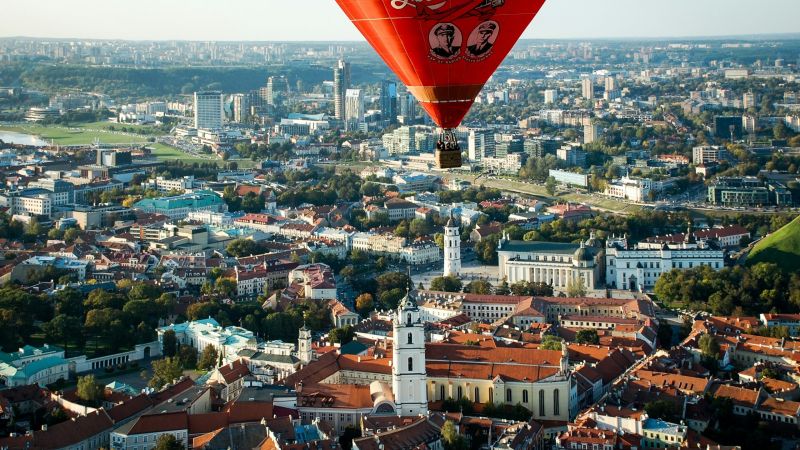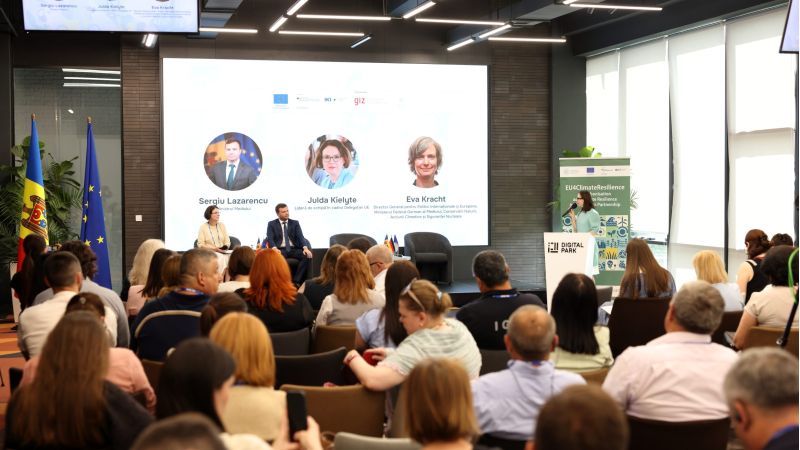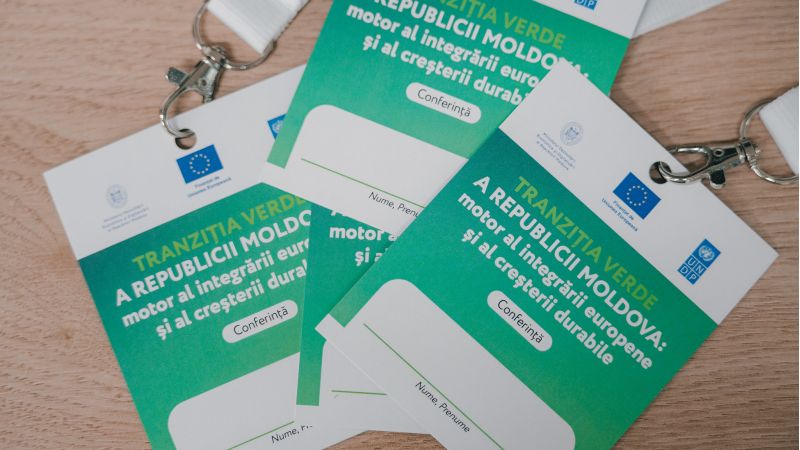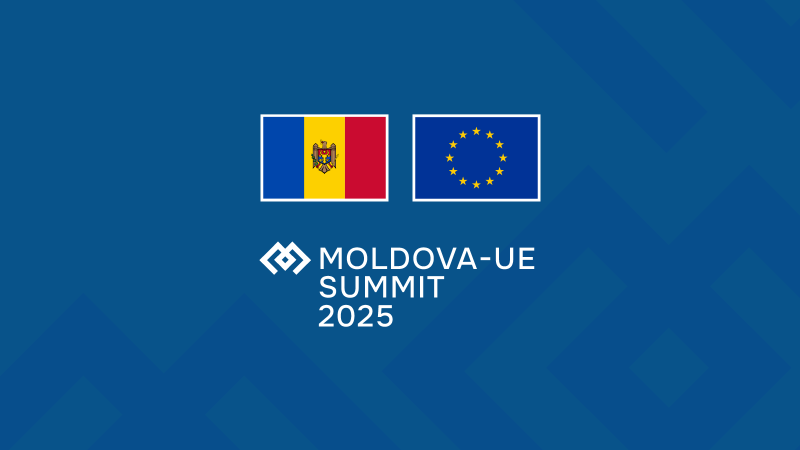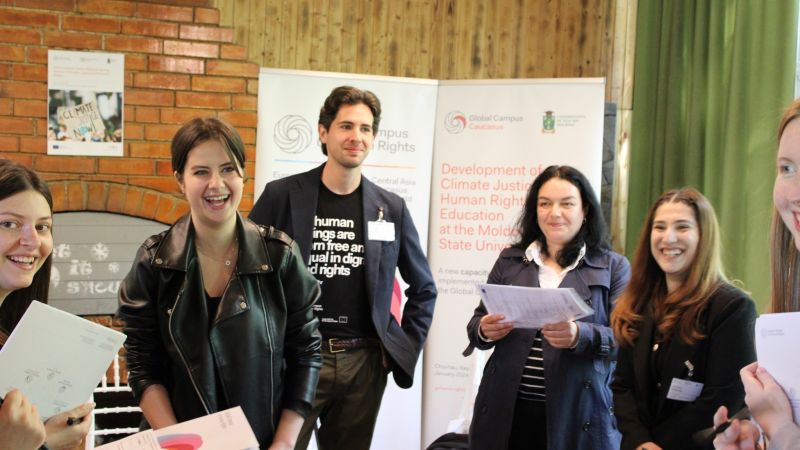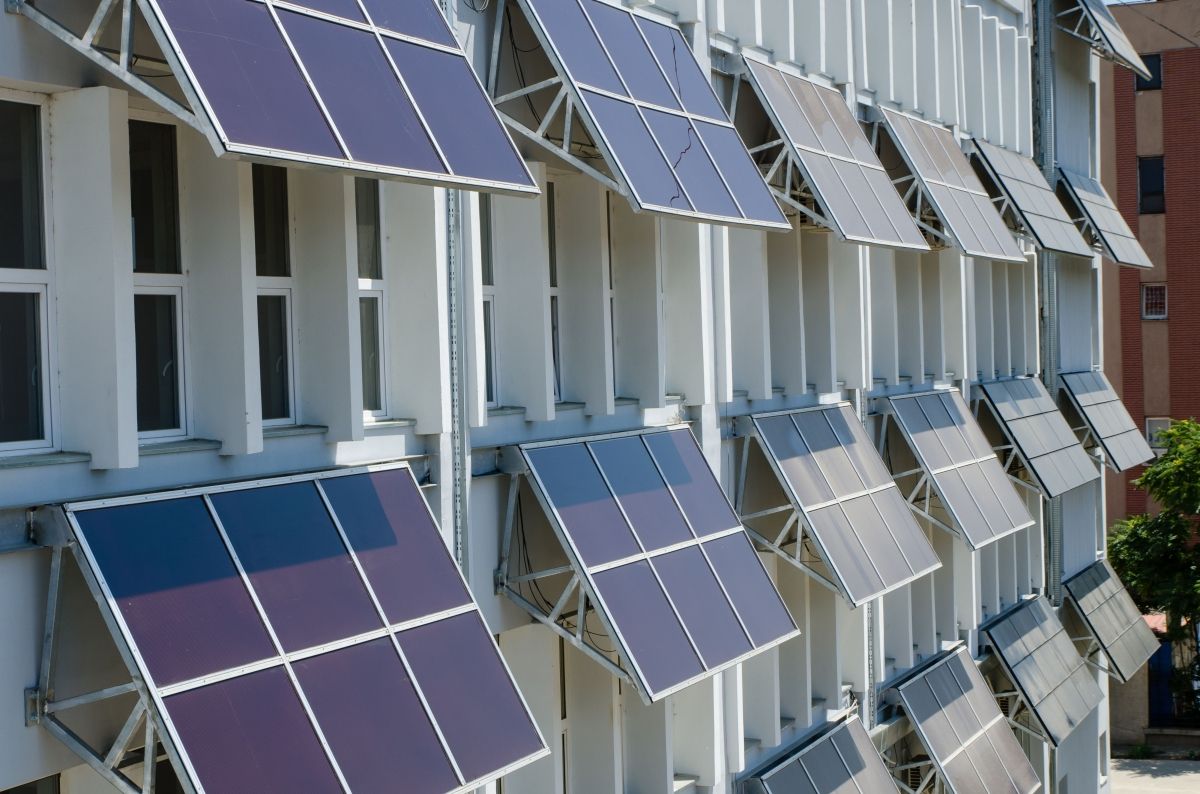
UE și PNUD susțin alinierea țintelor de reducere a emisiilor de gaze cu efect de seră în domeniile climei și al energiei
Unificarea metodologiilor și folosirea instrumentelor compatibile de prognozare a emisiilor de gaze cu efect de seră (GES), precum și o mai bună coordonare între autoritățile publice responsabile de politicile în domeniile energie și climă sunt câteva dintre recomandările experților EU4Climate pentru asigurarea coerenței politicilor și realizarea angajamentelor internaționale ale Republicii Moldova în domeniu.
Recomandările fac parte dintr-un studiu privind alinierea țintelor de reducere a GES în contextul angajamentelor Republicii Moldova în cadrul Convenției-cadru a Organizației Națiunilor Unite privind Schimbările Climatice (CONUSC) și a Tratatului Comunității Energetice, prezentat pe 13 octombrie în cadrul unui atelier consultativ, cu participarea reprezentanților Ministerului Mediului, Ministerului Infrastructurii și Dezvoltării Regionale și altor instituții implicate.
Experții EU4Climate, proiect finanțat de Uniunea Europeană și implementat de Programul Națiunilor Unite (PNUD) în Moldova, au constatat că, pe dimensiunea de climă, Republica Moldova și-a luat angajamente mult mai ambițioase decât pe cea energetică, iar diferența provine din faptul că au fost luate în calcul și emisiile de GES din regiunea transnistreană și a fost folosit programul de simulare WASP. În același timp, pe domeniul energetic cifrele din regiunea transnistreană nu au fost luate în calcul, iar programele de simulare folosite au fost TIMES și PRIMES.
Aceste diferențe au rezultat în asumarea angajamentului față de CONUSC, prin intermediul celei de a doua Contribuții Naționale Determinate, de a reduce emisiile de GES cu 70% necondiționat și cu 88% cu acces la finanțare concesională și transfer de tehnologii, până în 2030, față de anul de referință 1990. Privite din dimensiunea sectorului energetic, acestea ar însemna însă volume mult mai mari de energie regenerabilă în balanța energetică.
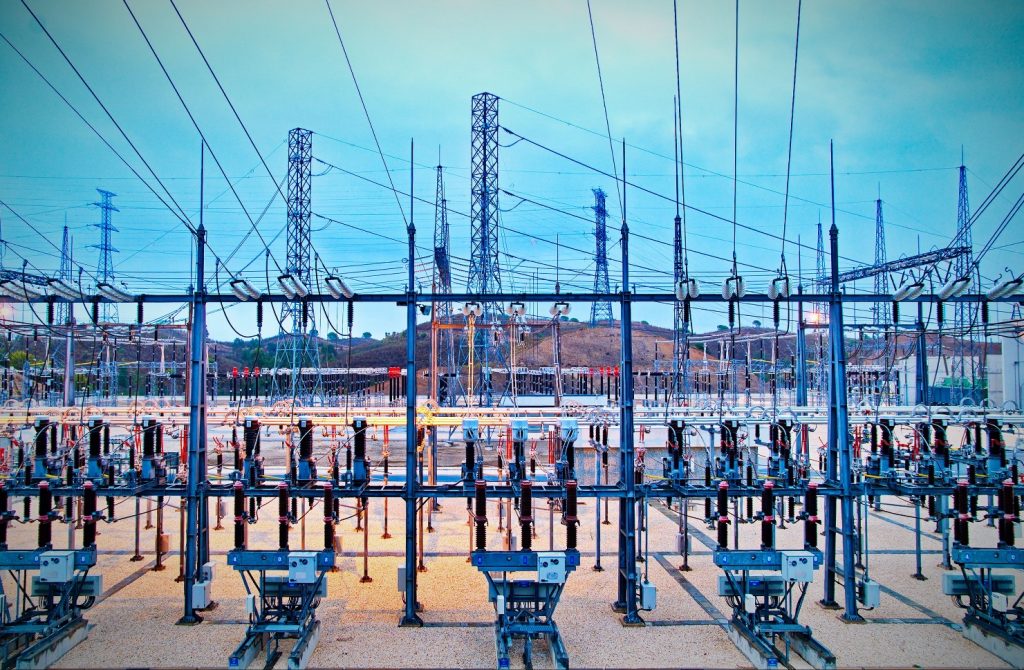
În cadrul atelierului, reprezentanții Ministerului Mediului și ai Ministerului Infrastructurii și Dezvoltării Regionale au convenit să creeze platforme de dialog instituțional pentru a coordona elaborarea Planului Național Integrat pentru Energie și Climă (PNEC), prima versiune a căruia urmează a fi prezentată Secretariatului Comunității Energetice în prima jumătate a anului 2022.
În baza recomandărilor prezentate de experții EU4Climate, urmează să fie elaborat un plan de acțiuni comun pentru alinierea țintelor în domeniul climei și energiei.
Conform Contribuției Naționale Determinate și Programului de Dezvoltare cu Emisii Reduse până în anul 2030, emisiile de GES în sectorul energetic urmează a fi reduse cu 74% către finele deceniului curent.
Cu un buget total de 8,8 milioane euro, proiectul EU4Climate se desfășoară în perioada 2019-2022 și are următoarele componente: (i) actualizarea Contribuțiilor Naționale Determinate la Acordul de la Paris; (ii) elaborarea strategiilor naționale de dezvoltare cu emisii reduse către anul 2050; (iii) introducerea și consolidarea cadrului de monitorizare, raportare și verificare a emisiilor de gaze cu efect de seră; (iv) alinierea la acquis-ul comunitar în domeniul climei; (v) integrarea dimensiunii de climă în documentele de politici sectoriale, creșterea gradului de conștientizare și elaborarea ghidurilor sectoriale pentru implementarea Acordului de la Paris; (vi) atragerea de investiții în domeniul schimbărilor climatice; (vii) o mai bună planificare a adaptării la schimbările climatice.
